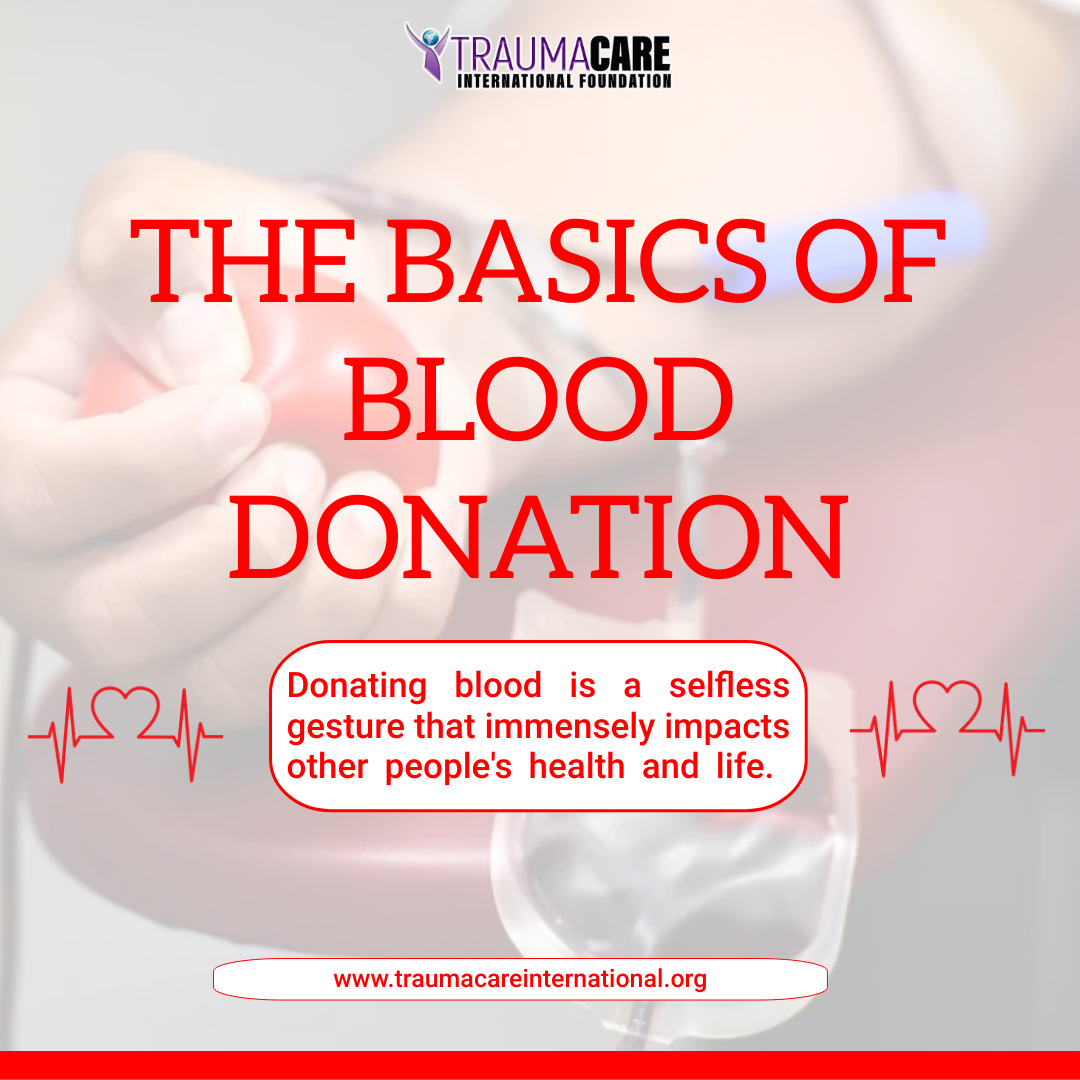Donating blood is a selfless gesture that immensely impacts other people's health and life. You can make a difference in the lives of patients who are going through surgery, getting over an injury, or managing chronic conditions by donating blood. It's important to grasp the fundamentals of blood donation before you decide to donate, though. We will walk you through the procedure and basic requirements associated with blood donation in this blog post.
REGISTRATION AND SCREENING
You will be required to register when you arrive at a blood donation facility or blood drive. You will need to complete a form with some basic information, such as your name, birthdate, and social security number. A valid ID card must also be shown.Then, a health specialist will speak with you. You will be questioned by him or her about your overall health and lifestyle to make sure you are qualified to donate blood. Questions concerning your sexual behavior, any intravenous drug use, and whether you have viral hepatitis symptoms or a diagnosis will be asked of you. Finally, before you proceed to donate blood, a health specialist will test your temperature, monitor your blood pressure, check your blood count, body weight and pulse, and also take your blood sample. The purpose of these examinations is to confirm that you are fit enough to donate blood.
BLOOD DONATION STAGE
You will be directed to a donor chair or a bed after completing pre-donation screening by a health specialist. The region on your forearm where the needle will be inserted will then be cleaned by the health specialist. Each donation uses a sterilized, one-time-use kit. These include the collecting bag, test tubes, needle, and all tubing. The total blood donation procedure takes roughly 10 to 15 minutes. Your health specialist will oversee the entire donation process and address any questions you may have.
AFTER BLOOD DONATION (REFRESHMENT AND RECOVERY)
After donating blood, you have a little break to relax and enjoy some juice and a snack. It's crucial to remain at the donation location for 10 to 20 minutes to ensure your well-being. Some persons may experience weakness, faintness, or dizziness after donating blood due to a reduction in blood pressure. Donating blood has nearly little danger; your body quickly produces new blood to replace less than 10% of the blood that was lost.
For more information;
Call: 0808 678 3416 or 0808 584 9338
Email: [email protected],
[email protected] CLICK HERE TO SIGN UP
Download the TCERA user app today.
https://bit.ly/tceraAndroid
https://bit.ly/tcera-IOS





What do you think?
0 Responses
To Comment, you must Sign In
Be the First to Post on this Topic